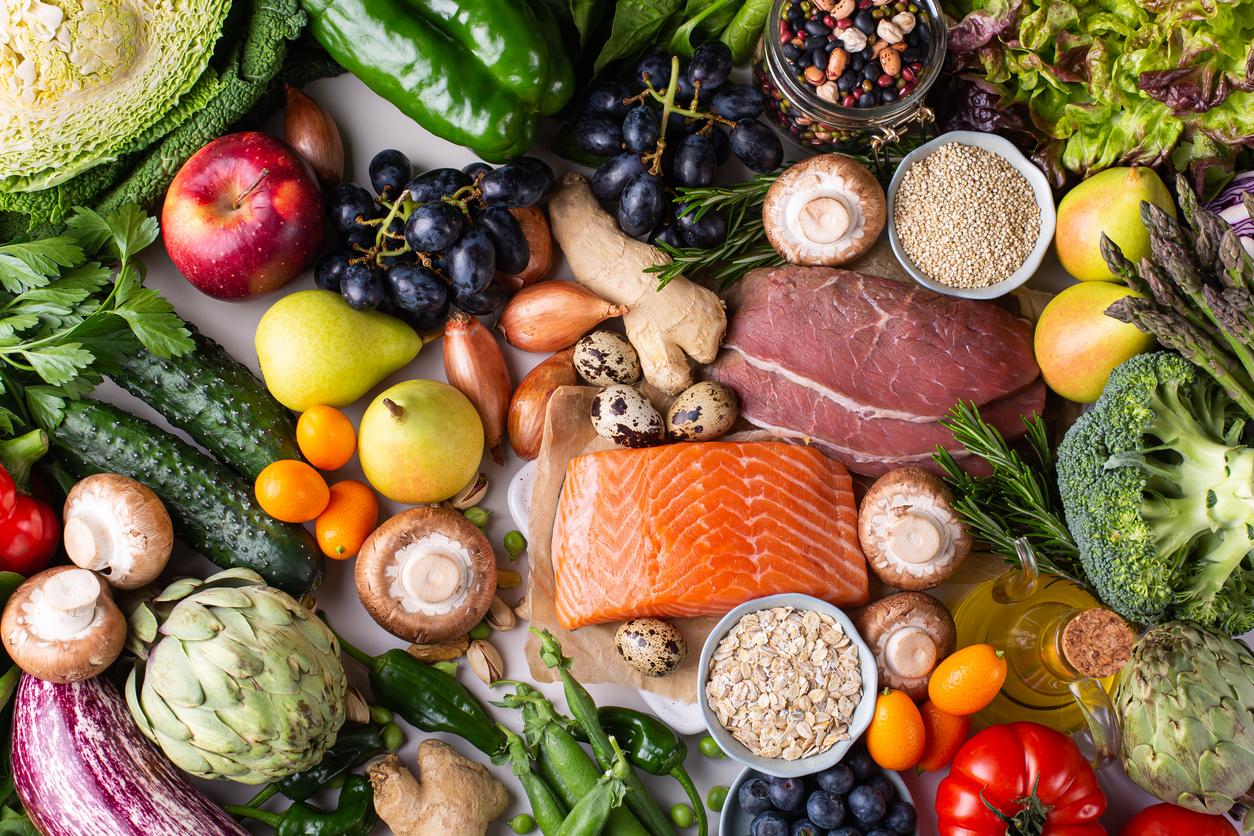Fruits, vegetables, fish, vegetable oils, oilseeds, whole grains… Consuming more of these products is linked to a reduced risk of depression in people suffering from rheumatoid arthritis.

- In a recent study, 290 out of 1,148 people with rheumatoid arthritis had depression.
- Adopting the Mediterranean diet, mainly based on plant-based foods, is associated with a lower likelihood of depression in patients.
- Higher consumption of vegetables and whole grains further contributed to reducing the risks of depressive symptoms.
Between 0.5 and 1% of the adult population is affected by rheumatoid arthritis, according to Inserm. This autoimmune disease, which generally appears between the ages of 30 and 50, affects several joints. Two to three times more common in women than in men, it manifests itself by flare-ups of varying duration and periods of calm. “Research has shown that inflammation plays a critical role in the pathophysiology of depression and rheumatoid arthritis. The Mediterranean diet has been shown to be a healthy anti-inflammatory diet,” said scientists from Xi’an Jiaotong University (China).
The Mediterranean diet is rich in plant-based foods
In order to assess the effects of the Mediterranean diet on the mental health of patients, the researchers decided to conduct a study, the results of which were published in the journal Journal of Health. As a reminder, this diet is rich in seasonal fruits and vegetables, whole grains (wholemeal pasta, wholemeal rice, wholemeal bread), dried vegetables (lentils, chickpeas, beans, etc.), fish (sardines, mackerel, herring, salmon, etc.), vegetable oils and dried fruits (walnuts, hazelnuts, almonds, pistachios, etc.). On the other hand, the consumption of red meat, dairy products (cheese, butter, cream), refined and processed products (breakfast cereals, industrial sandwich bread, ready meals, etc.) must be limited.

Eating more vegetables and whole grains reduces risk of depression
The analysis included 1,148 adults with rheumatoid arthritis aged over 20 years, for whom dietary data were available. According to the data, 25.26% of the participants suffered from depression. The results showed that a high adoption of the Mediterranean diet was associated with a reduced risk of depression. In detail, a higher consumption of vegetables and whole grains led to this reduction in the risks of depressive symptoms. “Future large-scale work is needed to confirm the association between the Mediterranean diet and depression in adults with rheumatoid arthritis,” can be read in the conclusions of the study.















